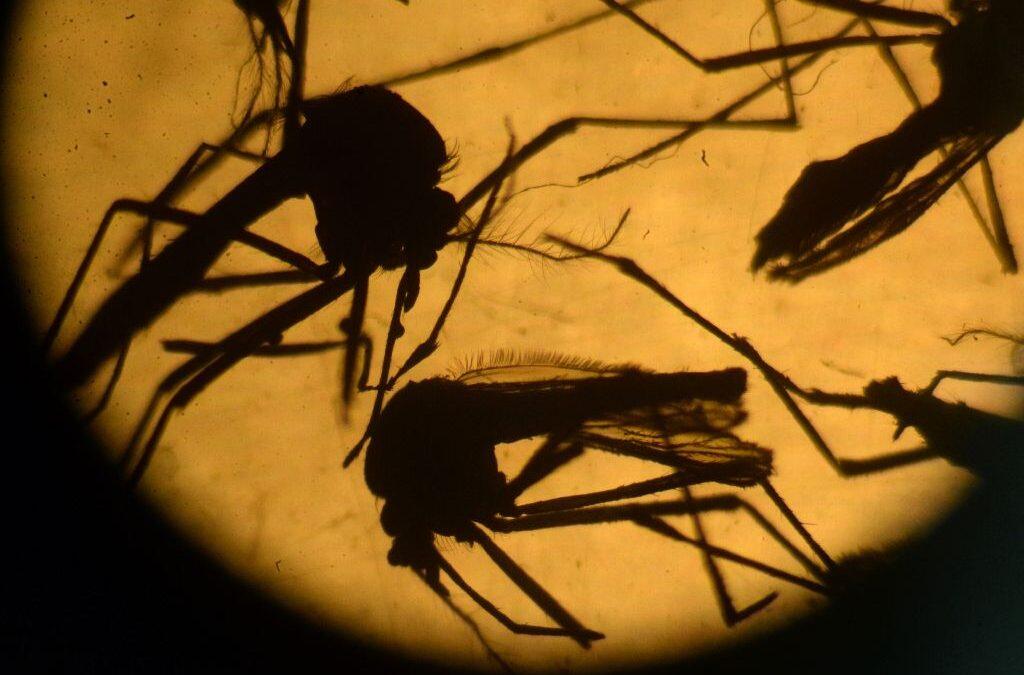The World Health Organization (WHO) warned today of the potential for a “marked increase” in the number of Zika infections in the coming months, and its spread to new parts of the world.
With mosquito season arriving in Europe, “the possibility of local transmission combined with the likelihood of onward sexual transmission could see a marked increase in the number of people with Zika and related complications,” WHO assistant director general Marie-Paule Kieny told a scientific Zika conference in Paris.
“As seasonal temperatures begin to rise in Europe, two species of Aedes mosquito which we know transmit the virus will begin to circulate,” said Kieny.
“The mosquito knows no border.”
About 600 disease experts from 43 nations are gathering in the French capital to pore over scant but increasingly worrisome data about the Zika virus sweeping Latin America and threatening the world.
Despite a flurry of research, very little is known about Zika — how long it may hide out in the human body, the degree of risk of sexual transmission, the full list of diseases it may cause, and all of the mosquito species which can transmit it.
‘Global emergency’
Kieny described Zika, linked to severe brain damage in newborns and a rare neurological disorder in adults, as a “global emergency”.
“The Zika emergency requires a rapid evolution of our knowledge base, concerted action and innovation if the virus and related complications are to be addressed efficiently.”
The most urgent priority, she said, was for new tools with which to quickly diagnose the virus in infected people — particularly in pregnant women whose babies risk being severely disabled by Zika.
“There is also a critical need for a vaccine but, as we know, it will take a few years before a fully tested and licensed vaccine is ready for use in public health sectors.”
Developers in the United States, France, Brazil, India and Austria are working on 23 vaccine projects, Kieny said, and the feasibility of an “emergency-use” vaccine was being examined.
“As it will be used to protect pregnant women and women of childbearing age, a vaccine must meet extremely high standards of safety,” Kieny said.
Recent scientific consensus is that Zika causes microcephaly, a disorder that causes severe brain damage in babies, and adult-onset neurological problems such as Guillain-Barre Syndrome, which can cause paralysis and death.
The two-day Zika expert meeting is being hosted by the Institut Pasteur, with backing from the Bill and Melinda Gates Foundation, the Wellcome Trust, the European Commission and the WHO.
Source: AFP, WHO











